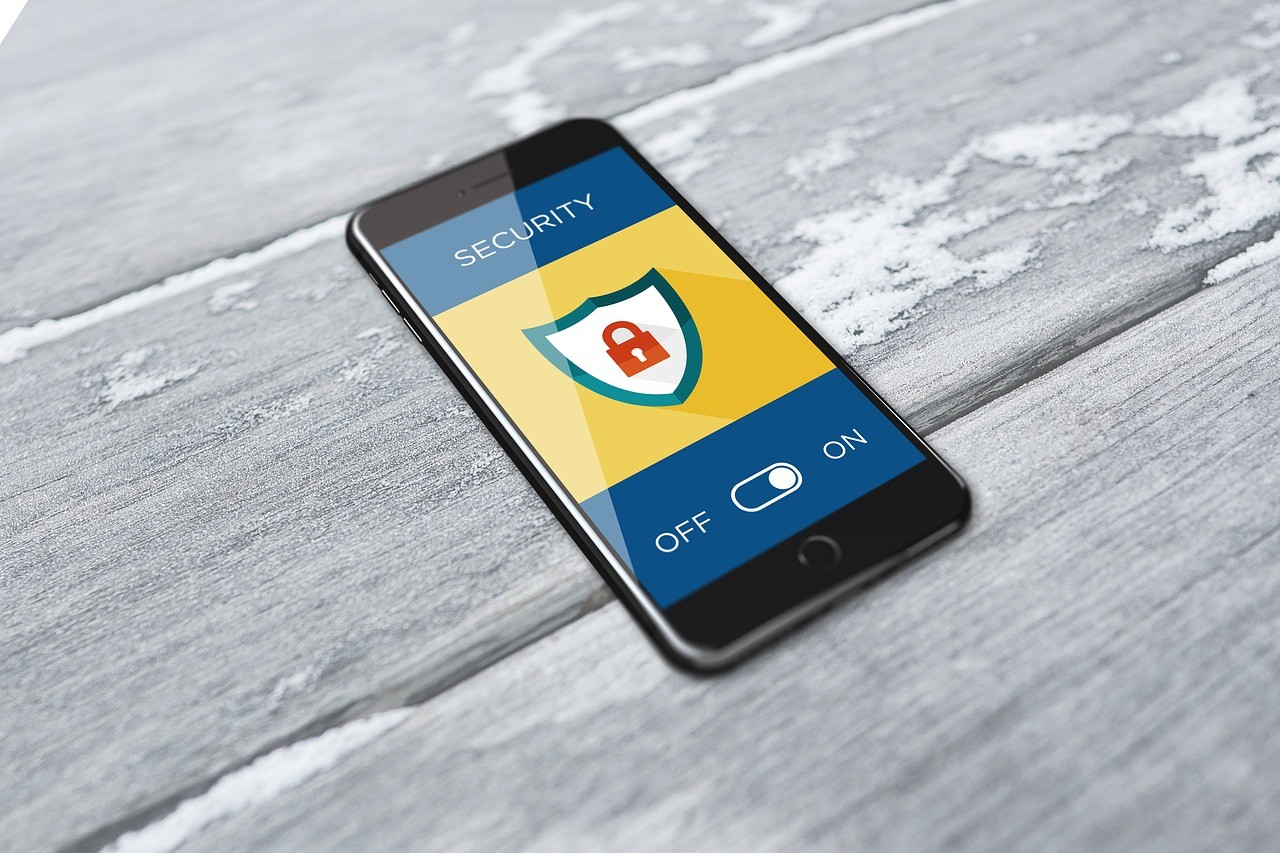Android, like any operating system, is not immune to malware and although Google takes more and more measures to prevent it, our mobiles are not safe at one hundred percent. The fact of downloading any file from a non-trusted page or connecting to public WiFi networks may entail the risk of our mobile being hacked. This is not always the case, of course, but we should not lower our guard if our smartphone gives us warning signals.
If you are doing a mental review of how many times you have done it, calm down, since doing it does not necessarily mean that you have malware on your mobile. If you still want to check if your device is infected, we give you the key clues to find out and, if so, how to avoid it in the future.
High battery and data consumption
Does your cell phone battery only last a couple of hours? It is a symptom that something happens, although not determinant to talk about hacking. In fact, manufacturers often release updates to operating systems that “eat” the battery of the older terminals. It also depends on the use you give your mobile, if you only check the mail or, on the contrary, you spend hours on YouTube with the brightness of the screen to the fullest.
However, if you use the phone as usual and the battery fails, you can check what happens by going to your Phone Settings and looking for “Battery.” There you can check what you consume the battery of your phone and see if there is something that sounds strange.
The same, and even more reliable, is the consumption of the data. If you keep your usual routine and suddenly they shoot, you can have a malware on your mobile. Why? Simple, this sends information to the hacker through the data of the mobile in which it is installed. To check the data consumption, go to Settings and “Mobile data”. Next you will see a list ordered with the applications that consume more data on your mobile according to the use you give them.

Applications that you have not installed
When you check the battery and data consumption of your mobile, you will also see all the applications installed on your phone. The most likely is that you only use a few and the rest are there, occupying space and almost forgotten. But if you see one that you do not remember having installed, it is best to check your Google Play history to see when you installed it. Do not forget the apps installed with APK files far from the official platforms, since most of the malware usually goes through there.
What are they? When we want to install apps beyond Google Play, we can do it with APK files that allow you to install software on Android. With them, we can access, for example, updates to official applications that are not yet available to the public, but we can also install, unintentionally, applications from dubious origins.
If it does not sound like you have installed the app yourself and you think it could be malicious, it is best to erase it from your smartphone. If you cannot do it, it may be due to malware, although you should bear in mind that some applications are installed by default on your phone and cannot be uninstalled, which does not mean that your device is infected.
Advertising
It is, with all certainty, one of the most obvious and annoying symptoms. Some malwares usually generate advertising pop-ups that prompt you to take some action. They usually come out when you use applications, games or when you browse the internet and, the most common ones, alert us that our phone is infected and suggest you download an antivirus that, in principle, you did not want.
Be careful when surfing the internet if you suffer a redirect. That is, if in the browser you write google.com and instead of going to the website you end up on a different page. If that happens to you, there is probably malware on your device.
Messages you have not written
If you use Facebook, I’m sure that more than once you have found a strange message from your contacts and, afterwards, the subsequent clarification of “I have hacked the account, it was not me”. Well the same with the rest of your mobile applications. If suddenly your contacts alert you to send WhatsApp messages or a strange SMS, it is possible that your mobile has been hacked. And, be careful, because this uses your contact list to spread.
Also alert with premium subscriptions via text messages if you suddenly receive daily messages with your horoscope, for example. This will also lead to an unpleasant surprise: your bill will probably increase several euros.
Global warming
No, we are not talking about global warming. We refer to your smartphone. If you see that it is hotter than usual, it could be due to a malicious application running in the background, which also entails an extra cost of battery and data.
Remember that when you run several processes at the same time or open a game that consumes a lot, the processor of your phone will go faster and, therefore, can cause the temperature to rise. But it is only at those specific moments. If you see that it is repeated several times a day, even though your mobile phone is at rest, something happens. Of course, it is not a determining symptom, if for example you use a cover for your phone of poor quality, your device will rise in temperature.
My mobile is infected, and now what?
OK, with the previous keys you think that it is likely that your mobile has been hacked. Do not panic, because there is a solution. You just have to know which one. What should you do now?
To start, restart your device in safe mode because here the malicious applications do not come into operation and you can delete the one you need from the Phone Settings.
Next, check the status of your applications. To do this, go to Settings> Google> Security, where you will see the option “Verify applications”. It is something like an internal antivirus of Google and there you can activate the options “Search security threats on the device” and “Improve detection of harmful applications.” If you delete applications that you do not use, you will gain extra space on your mobile.
Does not any of that work? If you still cannot, you only have one option left: restore factory settings. It is the most radical option since you will lose all the information of your mobile (to keep it, make sure to make a backup before resetting the phone), but also the most effective.
As a preventive measure, you should deactivate the unknown origins. Most Android phones come with this option disabled, but often we end up activating it to download the APK file of any application.
If it is your case, the ideal is to keep it always disabled and activate it at the moment you want to download applications or files beyond Google Play. You will find this option in Settings> Advanced settings> Security, where you will see the option to activate or deactivate apps of unknown origin.
In addition, having the latest update of the Android operating system and keeping patches up to date will protect your smartphone from the latest vulnerabilities detected. You can see the one you have installed, and update it to the latest available version, in Settings> About phone> Android security patch.



